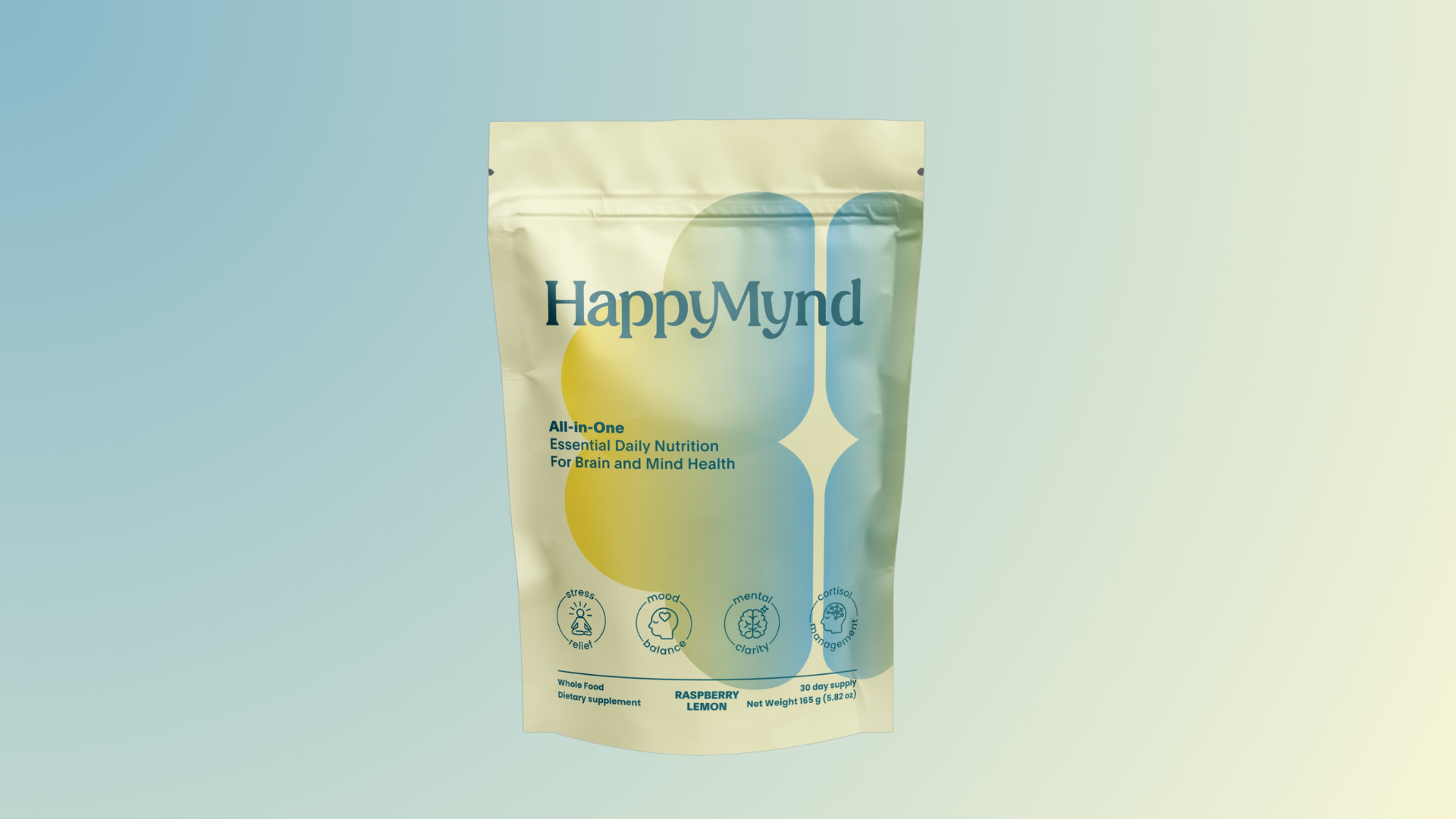Key Takeaways
- Link between diet and brain health
- Brain-boosting nutrients
- What to avoid
- Other factors influencing brain health
- Your daily essential nutrition for brain development
Our brain controls virtually everything we do. It is the most complex organ that contains billions of neurons connected to each other through trillions of connections to support complex communication. Synapses are the junctions between neurons that allow them to communicate.
Your brain has a special ability called neuroplasticity to modify these connections, which is crucial for learning, memory, and adaptation to new experiences.
This three-pound organ initiates body movements, interprets senses, controls behaviour and is the seat of our emotions, memory, and intelligence. It is one of the most energetically costly organs and consumes approximately 20% of our metabolic energy. To ensure optimal function, you need a constant and balanced supply of essential nutrients for brain function and health.
So, what exactly should you eat to obtain the essential nutrition for brain development, function and long-term health?
Diet and Brain’s Key Connections & Mechanisms
Brain Function
Building Blocks
Neurons are the brain’s fundamental building blocks, specialized cells forming a network to transmit information through electrical and chemical signals to enable thought, emotion, movement, memory, and learning.
Nutrients play a critical role in supporting their structure, function, and communication.

Omega-3 fatty acids
Omega-3 fatty acids, particularly DHA (docosahexaenoic acid), is crucial for neuronal cell membranes. They influence membrane fluidity and integrity for proper signaling and communication. DHA also supports the formation of new neurons.
Food intake triggers the secretion of gut hormones, including leptin, ghrelin, GLP-1, insulin.
Leptin
While leptin primarily communicates the body’s energy reserves to the brain to suppress appetite, it also supports brain health by influencing the hippocampus (the region responsible for learning and memory.
Ghrelin
An empty stomach releases ghrelin to signal the brain to stimulate hunger. However, it also:
- Promotes the growth and development of new neurons
- Modulates synaptic connections, crucial for learning and memory
GLP-1
After you eat, your intestine secretes GLP-1, which stimulates insulin to regulate blood sugar. However, it also:
-
Interacts with brain regions responsible for learning and memory
- Reduces neuroinflammation and promotes neuronal survival.
Neuroplasticity
It is the brain’s ability to reorganize itself by forming new neural connections throughout life. Essential brain health nutrition influences Brain-derived neurotrophic factor (BDNF), a protein vital for:
- Synaptic plasticity (brain's ability to strengthen or weaken connections between neurons in response to learning and experience)
- Learning and memory
- Protecting brain cells
- Regulating energy metabolism
Diets rich in omega-3s increase BDNF.
Diets high in saturated fats decrease BDNF.
Energy Matters
Neurons working non-stop require a massive, steady supply of ATP, the energy molecule. Glucose fuels the production of ATP. Inefficient delivery or processing of glucose impairs neurons’ communication, repair, and overall function.
neurons’ communication, repair, and overall function.
|
No glucose = no fuel = poor brain performance.
|
What to Eat and Avoid for Brain Health
Brain-Boosting Nutrients
|
Nutrient/Food Group
|
Brain Benefits
|
Source
|
Effects of Deficiency
|
|
Omega-3 Fats (DHA/EPA)
|
-
Build brain cell membranes
-
Boost BDNF & plasticity
-
Improve memory & learning
-
Reduce brain inflammation
-
May protect against cognitive decline/ depression
|
|
-
Depression
-
ADHD
-
Dementia risk
|
|
Flavonoids & Polyphenols
|
|
-
Berries
-
Cocoa/Dark chocolate
-
Green tea
-
Ginkgo biloba
-
Citrus fruits
-
Red wine (moderate)
|
|
|
B Vitamins (Folate, B6, B12)
|
-
Crucial for brain cell function & communication
-
Help reduce homocysteine (harmful compound)
-
Support memory, especially in aging
|
-
Leafy greens
-
Legumes
-
Eggs
-
Fortified cereals
-
Meat (B12)
|
-
Depression
-
Cognitive impairment
|
|
Antioxidants (Vit E, Curcumin, Vit C)
|
|
|
|
|
Choline
|
-
Helps create acetylcholine, a chemical messenger vital for memory, mood, muscle movement, and other key functions.
|
-
Egg yolks
-
Liver
-
Soybeans
-
Beef
-
Chicken
|
|
|
Adaptogens
|
|
-
Ashwagandha
-
Rhodiola rosea
-
Holy basil
-
Panax ginseng
-
Eleuthero
|
|
|
Nootropics (Natural)
|
-
Enhance focus, alertness, and memory
-
May boost creativity and motivation
|
|
|
Oxidative Stress is the damage caused by free radicals produced during metabolism. Poor diet can worsen it.
Nutrients to Avoid
|
Nutrient/Food Group
|
Harmful Effects
|
|
Saturated & Trans Fats
|
|
|
Excess Calories/Sugar
|
|
Other Important Factors
In addition to essential brain function nutrients, there are some other factors that influence brain health
Calorie Restriction (Moderate)
Moderately reducing calories may:
- Reduce oxidative stress
- Increase BDNF
- Slow age-related decline
Keep in mind that calorie restriction must not compromise nutritional needs.
Exercise
A combination of a brain-healthy diet and exercise boosts BDNF and brain plasticity.
The Epigenetic Link
Diet can affect how certain genes related to brain function behave. For example, harmful nutrients and diet patterns can affect, Brain-Derived Neurotrophic Factor, a protein that supports learning, memory, and the growth of new neurons.
Get All-in-One Essential Nutrition for Your Brain and Mind 
HappyMynd is an all-in-one, science-backed solution for daily brain and mind care. The formula contains 17 clinically studied ingredients to support your mind and brain without the need for multiple supplements.
The following are the essential building blocks of HappyMynd:
- Essential Brain and Mind Nutrients (Vitamin B6, Vitamin B12, Vitamin D3, L-Methylfolate (5-MTHF), Magnesium Glycinate)
- Adaptogens (Ashwagandha KSM-66®, Rhodiola Rosea Root, Bacopa Monnieri, Holy Basil Leaf)
- Nootropics (Lion’s Mane Mushroom, Bacopa Monnieri, Alpha-GPC, Phosphatidylserine, L-Theanine, Ginkgo Biloba)
- Antioxidants (Ginkgo Biloba, Saffron Extract, Lion’s Mane Mushroom, Bacopa Monnieri, Vitamins B6 and B12)
Ready to fuel your brain the right way? Start making smarter nutrition choices today with science-backed HappyMynd for all-in-one brain support.









